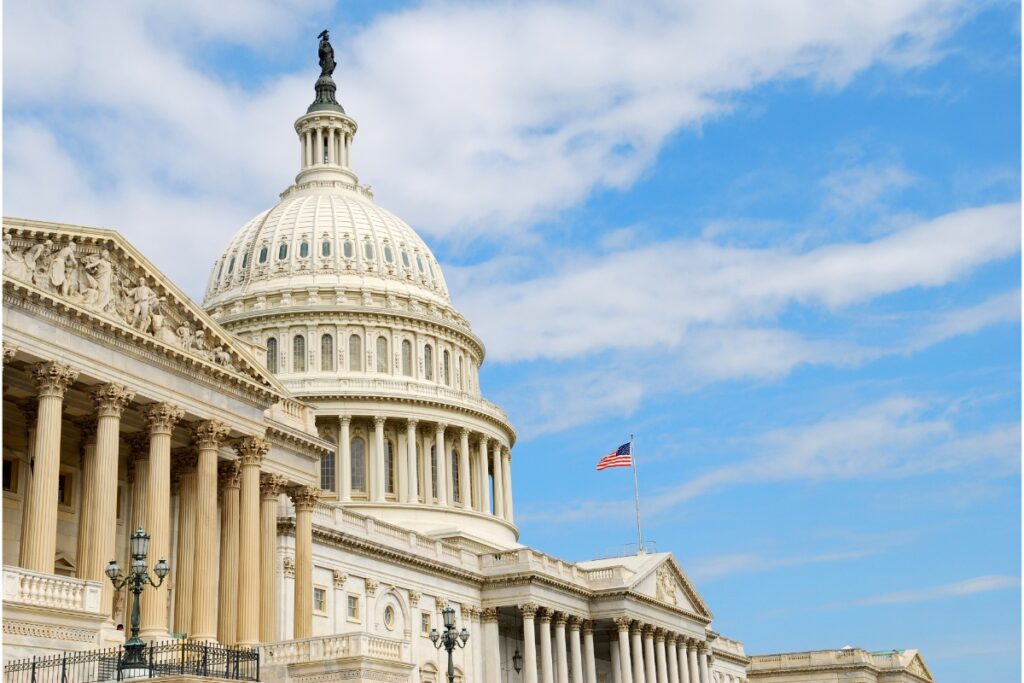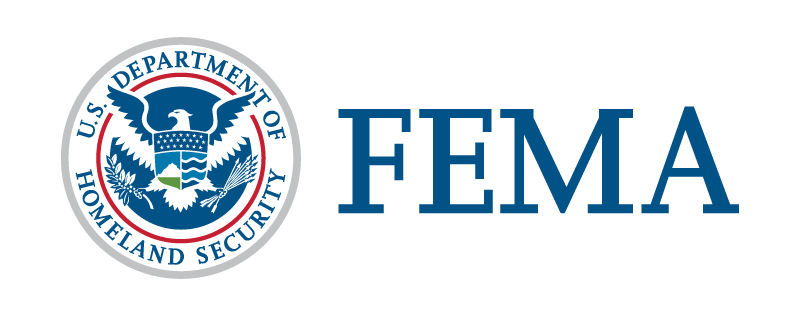The federal rules defining who is eligible for overtime pay have changed.
As of July 1st, 2024, U.S. employers must begin paying overtime benefits to anyone earning less than $43,888 per year (with some exceptions) for any hours worked beyond the standard 40-hour work week.
To be clear: You may be used to workers falling into exempt vs. non-exempt roles according to their duties. This rule change puts equal emphasis on salary and duties, meaning those in senior roles – people who may have been exempt before – are also subject to overtime protections. (It’s also worth noting that the new rule replaces the previous threshold of $35,568.)
In addition, the salary threshold will change to $58,656 on January 1st, 2025, and will be subject to automatic cost-of-living increases every 3 years starting on July 1st, 2027.
Once the new rule takes effect, employers have 2 weeks to implement changes. According to Pro Bono Partnership, recommendations for nonprofits include:
- Conducting an employee audit to determine who may be newly eligible for overtime.
- Considering the implications for your budget if additional overtime pay will be needed.
- Taking a look at your timekeeping systems to make sure that the employees eligible for overtime can track their hours.
- Staying alert for changes (including the possibility that this rule will not go into effect on July 1st due to legal challenges).
For more information on this change, check out this podcast from Pro Bono Partnership of Atlanta and watch their online channels for updates. You can also reference the Department of Labor’s frequently asked questions page and Small Entity Compliance Guide.
Marc Schultz is communications editor at GCN.



